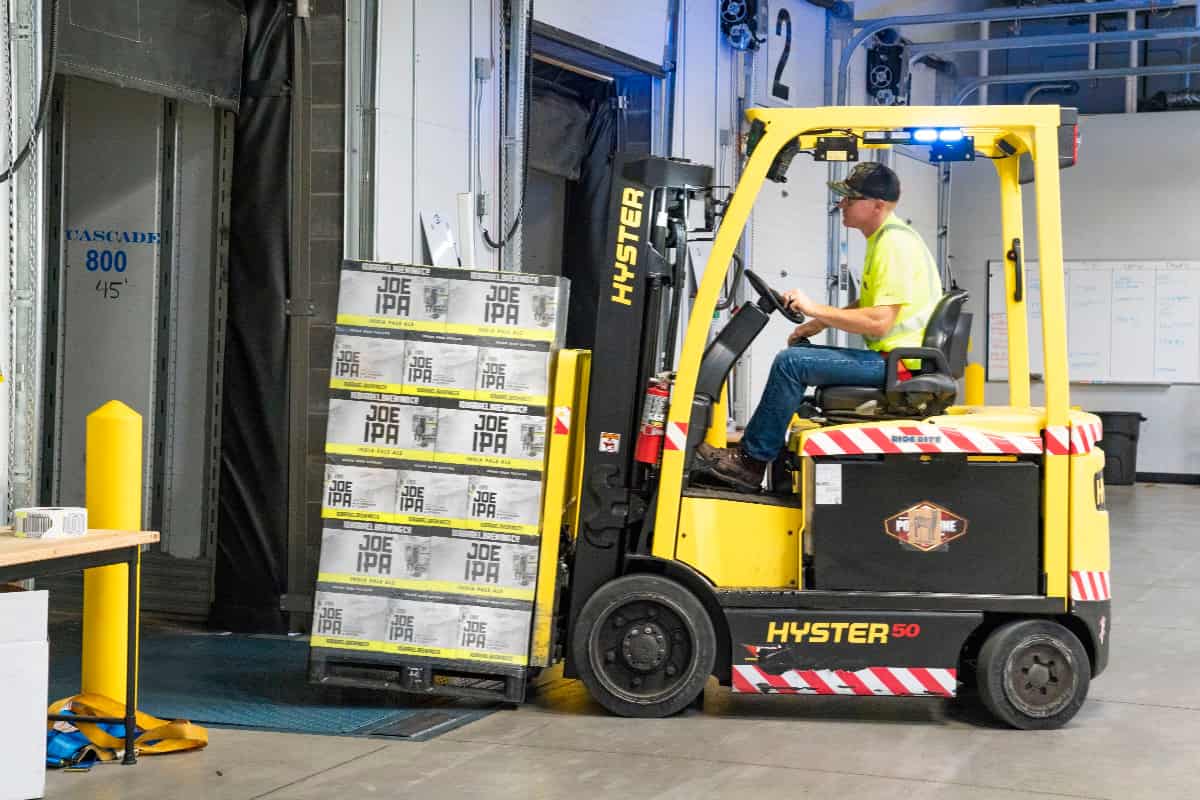Sydney-basedlaywer. Formerly Legal Intern at Lawpath.
When it comes to hiring equipment for your worksite or next project there are two options: ‘wet’ hire or ‘dry’ hire. There are multiple things to consider before making this decision. But first, it’s important you understand what wet and dry hire refer to. ‘Dry’ equipment hire is when you only hire the equipment. This means that you are required to find your own equipment operator from somewhere else. For example, you may already employ an operator. However, when you hire ‘wet’ equipment, not only will you receive the equipment, but also equipment operators. This is particularly useful where the skill of operating the machine is very important. With wet hire, you are paying for the service and the skill of the operator. This means that the cost will reflect not only equipment hire but labor and fuel costs too.
Why Dry Hire?
Because wet hire always involves a package deal of hiring equipment and an operator, it commonly strains time and other resources in situations where the equipment or operator arent required. It is in these situations where the cost efficiency and flexibility of dry hire is more effective in allocating resources. Dry hire ensures you use the equipment you need when you need it. As well as get it off your site (and your payroll) when you don’t. Dry hire also ensures you budget accurately, hiring an operator, and the equipment for the required hours.
Another major advantage of choosing dry hire is that you can find an operator for a lesser cost of what wet hire may charge. By opting to use a third-party operator, they may offer freelance pricing at a reduced rate. Alternatively, you may have an existing employee who is a skilled operator and is familiar with the expectations and processes of the business, where contractors may not be. This will significantly reduce the overall cost, as well as as the level of communication between yourself and the operator.
Why Wet Hire?
The major advantage of wet hire is convenience. When hiring the equipment on wet hire, it will include someone skilled and experienced to operate the equipment. This option is particularly useful if you don’t have an employee confident with the equipment or you’d prefer not to search for another third party. Or maybe, you just want total security in the knowledge that the job will be done well, on time and with optimal safety. In summation, if operating the equipment is very technical, and you don’t have any employees capable, wet hire may be the most appropriate. However, it’s important to emphasise that these added benefits do result in an increased cost.
Which is right for you?
There are many factors influencing how to decide what option best suits your business. Both options provide advantages and disadvantages and it can be difficult to determine which option is right for you. There will be times when both methods will seem appropriate.
Before ordering the equipment, consider your circumstances. Do you employ staff competent in operating the equipment? Is the job time-sensitive, or are you more concerned with the cost of the project? These are questions for you to consider.
If you employ someone able to operate the equipment, dry hire is a cost and time-effective way to achieve your goals. If you don’t employ someone able to operate and don’t wish to look for a third party to complete the job, then electing for wet hire will ensure the task is completed promptly and effectively. Either way, this is a decision for you to make.






